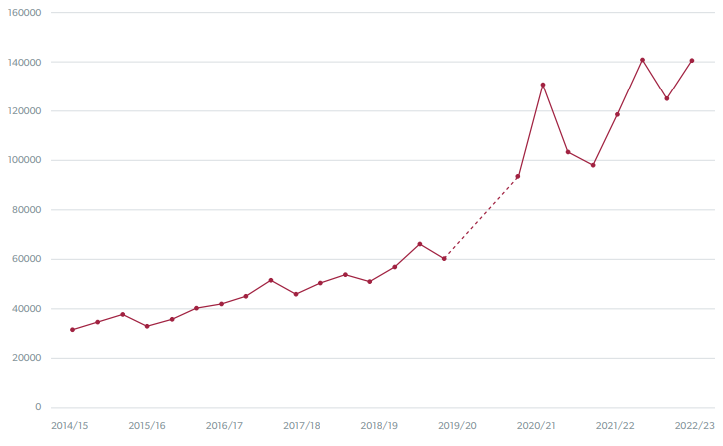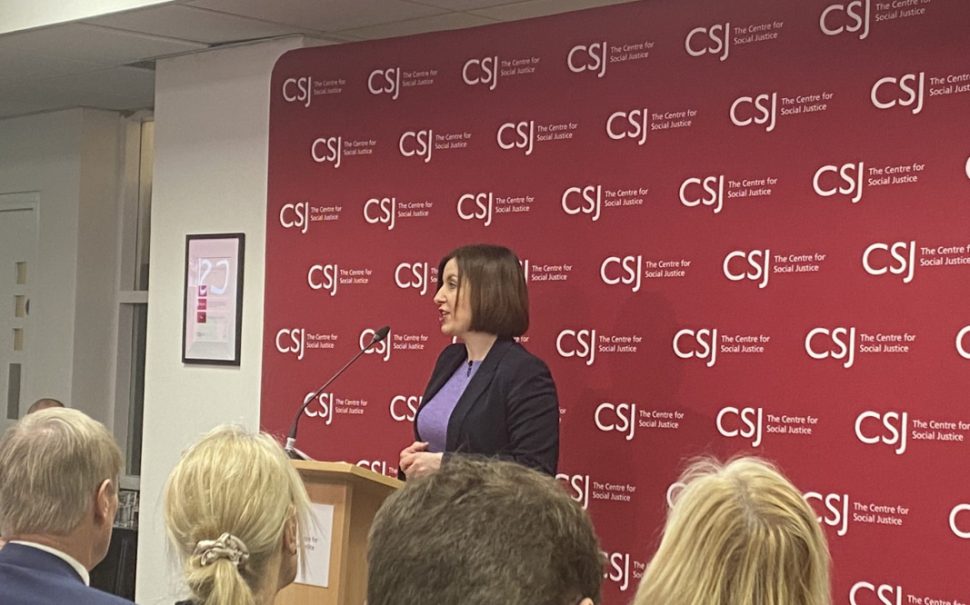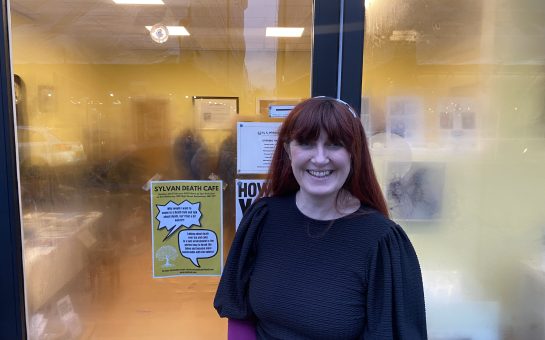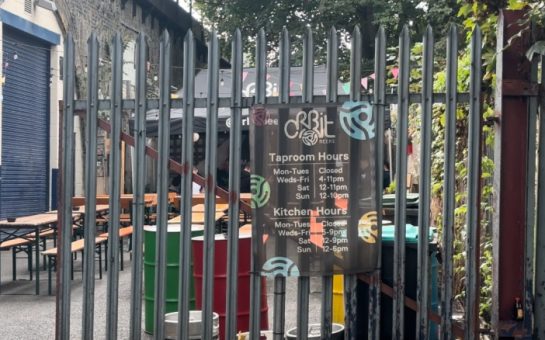The Shadow Education Secretary announced the Labour Party’s plans to reform education last week at an event in Westminster
Bridget Phillipson told attendees at the Centre for Social Justice (CSJ) that her primary goal was to address increasing school absences by encouraging a healthy relationship between government, schools, and families.
The Department for Education’s data reveals how students missing between 10-49% of their time at school has increased by 60% relative to pre-pandemic levels.
In the 2023 spring term, one in five students missed 10-49% of school.
Phillipson said: “Education isn’t simply a race between nations, but a race to bring out the best in ourselves; a parkrun as much as a contest.
“It’s no use claiming a personal best for a worse time than last week, to be content with a higher place finish simply because others have got worse faster.”
She pointed to Singapore and South Korea where the quality of education has remained high.
Phillipson’s plan was informed by research from the CSJ, an independent think tank investigating the source of poverty and inequality in Britain.
According to the centre’s findings, cases of students missing 50% or more of their time at school has risen from just over 30,000 in 2014/15, to 140,000 in 2022/23.

CSJ research revealed that 28% of parents believe the pandemic has shown it is not essential for pupils to attend school every day.
They also found that 8% of those who missed school did so due to anxiety while the same proportion did so due to mental health reasons.
Yesterday, nine London schools were identified as ‘attendance hubs’ by their exceptional attendance history.
The government hopes that these schools can provide practical advice to others who are struggling.
Shortly after yesterday’s statement, Paul Whiteman, general secretary of the National Association of Head Teachers, stated: “Whilst there is nothing wrong with the expansion of attendance hubs, schools need more than advice.
“Over the last decade we have seen the crucial support services that used to step in and tackle persistent absence eroded and it is immensely frustrating that the government is only now slowly beginning to realise the impact that has had.”
Phillipson stressed that collapsing school buildings, staff shortages, expensive uniforms, recruitment and retention crises, and a narrowing curriculum were the product of choices made by the current government.
Reflecting on the pandemic, she stated that the opening of pubs weeks before schools was unforgiveable.
The MP for Houghton and Sunderland South noted the covid inquiry’s decision to not take evidence from the then Education Secretary Sir Gavin Williamson.
She added: “Because he wasn’t important, the Education Secretary, and he wasn’t even at the table.”
Fines will remain as a deterrent for taking children out of school, as Phillipson stressed that reduced school hours is detrimental to peers and teachers as well as the absent child.
As well as school attendance, Labour will focus on speech and language support in early-years, free breakfast clubs in all primary schools and councillors in all secondary schools.
The party will introduce VAT on private schools, which will be backdated to prevent payees attempting tax avoidance before the general election.
Phillipson also stressed the importance of work experience, career guidance and increasing the numbers of teachers in the state sector.





Join the discussion